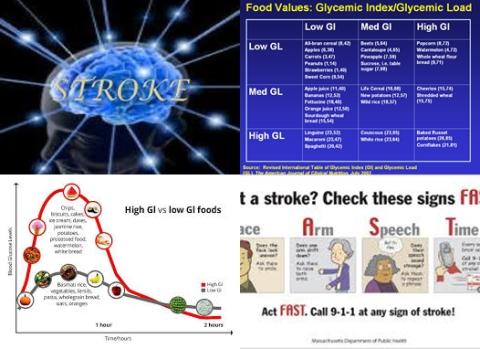Green tea consumption decreases blood pressure among overweight and obese adults
Objectives:
Emerging randomized controlled trials (RCTs) investigating the effect of green tea or green tea extract (GTE) supplementation on blood pressure (BP) among overweight and obese adults reported inconsistent findings. Therefore, this review article has been conducted.
Does tea consumption decrease blood pressure among overweight and obese adults?
Study design:
This review article included 14 RCTs with 971 participants (47% women).
Results and conclusions:
The investigators found green tea or green tea extract supplementation compared with placebo, significantly reduced systolic blood pressure with 1.42 mmHg [95% CI = -2.47 to -0.36, p = 0.008, I2 = 52%, p for heterogeneity = 0.01 ] among overweight and obese adults.
The investigators found green tea or green tea extract supplementation compared with placebo, significantly reduced diastolic blood pressure with 1.25 mmHg [95% CI = -2.32 to -0.19, p = 0.02, I2 = 74%, p for heterogeneity 0.001] among overweight and obese adults.
The investigators found the quality of evidence across studies was low. Similar results were found in subgroup and sensitivity analyses.
The investigators concluded among overweight and obese adults, green tea or green tea extract supplementation is found to cause a small but significant reduction in blood pressure. However, more high-quality RCTs with large sample sizes are needed to further confirm the efficacy on blood pressure and make strong recommendations for green tea or green tea extract supplementation among the overweight and obese adults.
Original title:
Effect of green tea supplementation on blood pressure among overweight and obese adults: a systematic review and meta-analysis by Li G, Zhang Y, […], Holbrook A.
Link:
http://journals.lww.com/jhypertension/Abstract/2015/02000/Effect_of_green_tea_supplementation_on_blood.6.aspx
Additional information of El Mondo:
Find more information/studies on tea consumption right here.
